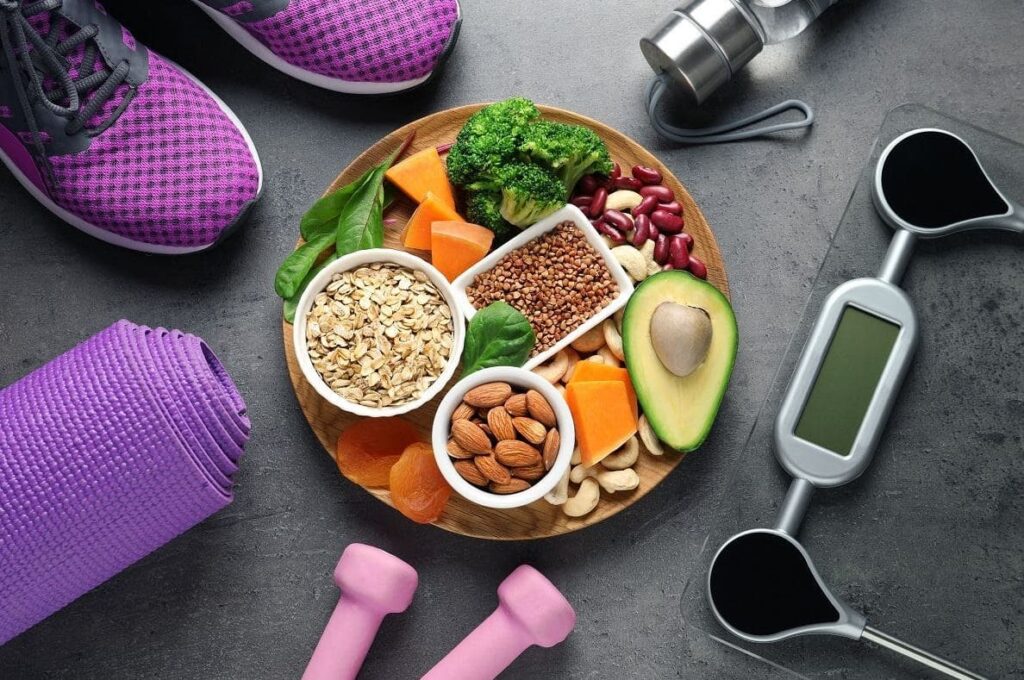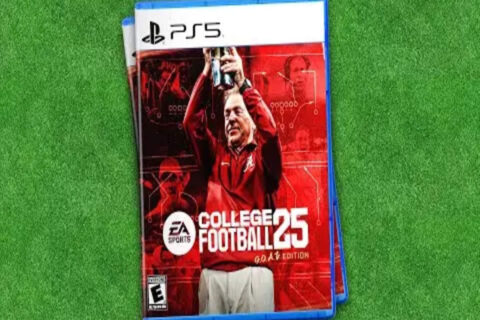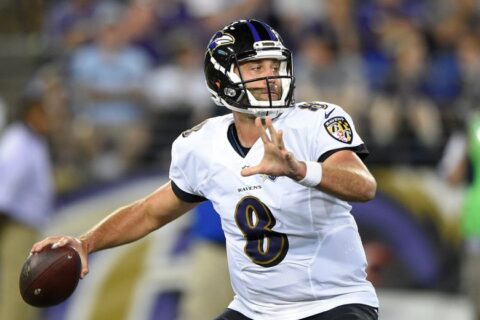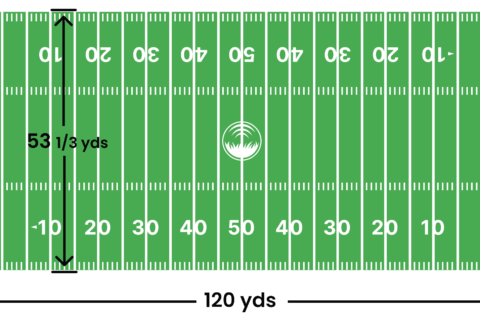Nutrition plays a crucial role in athletic performance. It helps athletes perform their best. Proper diet provides energy, strength, and endurance. Eating right can make a big difference.
Why Nutrition Matters
Nutrition fuels the body. Athletes need more energy than regular people. Good nutrition helps muscles grow and recover. It also keeps the body healthy and strong.
Energy From Food
Food gives us energy. This energy comes from carbohydrates, proteins, and fats. Athletes need a balance of these nutrients. Each nutrient plays a different role.
Carbohydrates
Carbohydrates are the main source of energy. They fuel the muscles during exercise. Good sources of carbs include fruits, vegetables, and grains.
Proteins
Proteins help build and repair muscles. They are important after workouts. Sources of protein include meat, beans, and dairy products.
Fats
Fats provide long-lasting energy. Healthy fats are found in nuts, seeds, and fish. They are important for overall health.
The Role of Hydration
Water is essential for athletes. It keeps the body cool and hydrated. Dehydration can lead to poor performance. Athletes should drink water before, during, and after exercise.
Signs Of Dehydration
- Dry mouth
- Dizziness
- Fatigue
- Dark urine
Drinking enough water helps avoid these symptoms. It keeps the body performing at its best.
Pre-Workout Nutrition
Eating before a workout is important. It provides energy and prevents fatigue. The right foods can improve performance.
What To Eat Before A Workout
- Carbohydrates for quick energy
- Proteins for muscle support
- Small amounts of healthy fats
A good pre-workout meal might include a banana with peanut butter. This gives a balance of carbs, protein, and fat.
Post-Workout Nutrition
After a workout, the body needs to recover. Eating the right foods helps muscles heal and grow. It also replenishes energy stores.
What To Eat After A Workout
- Proteins for muscle repair
- Carbohydrates to restore energy
- Fluids to rehydrate
A good post-workout meal might include a chicken sandwich. This provides protein and carbs.
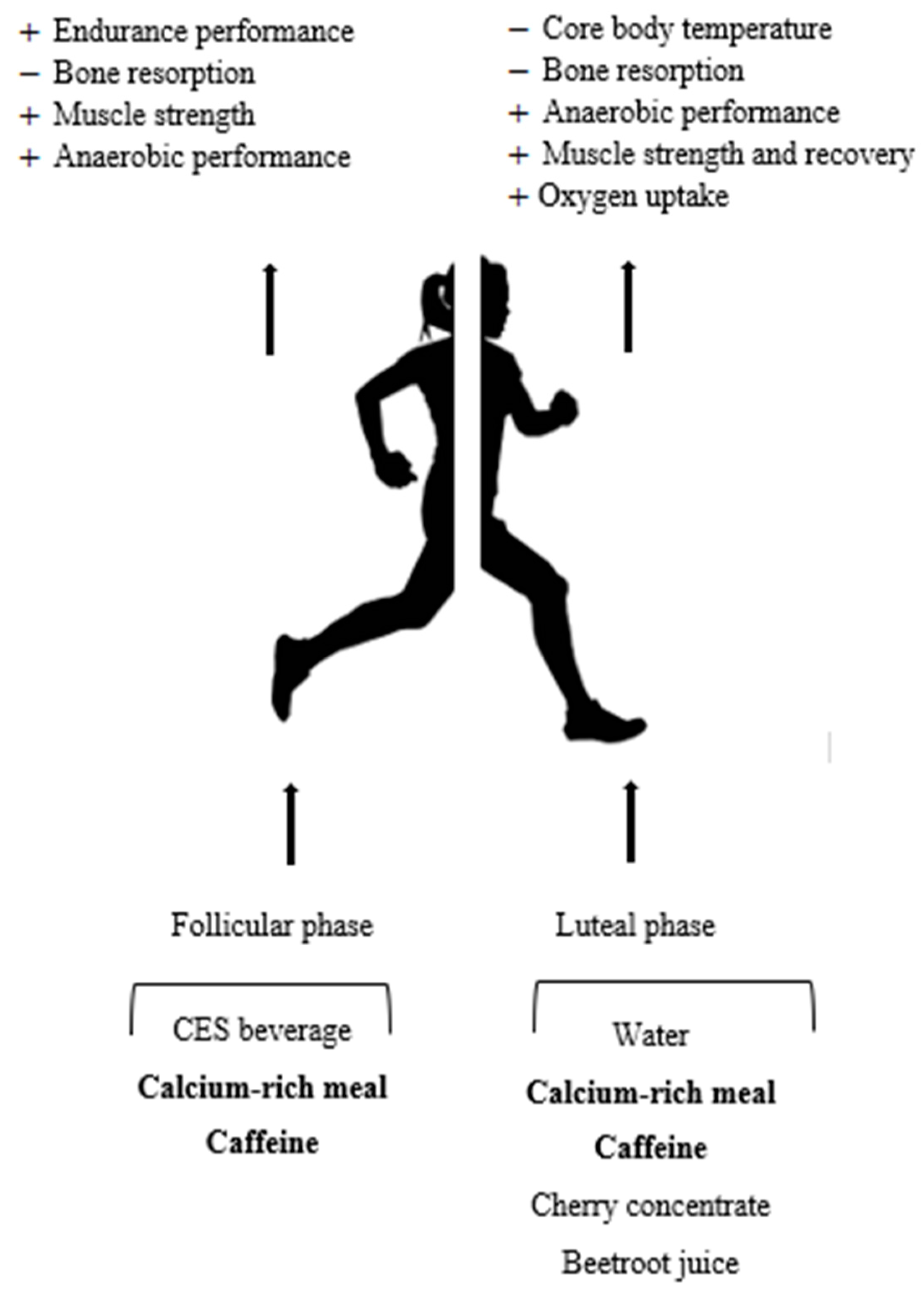
Credit: www.mdpi.com
Vitamins and Minerals
Vitamins and minerals are important for overall health. They support various body functions. Athletes need to ensure they get enough of these nutrients.
Important Vitamins And Minerals
- Calcium for strong bones
- Iron for oxygen transport
- Vitamin D for bone health
- Vitamin C for immune support
These nutrients can be found in a balanced diet. Dairy products, leafy greens, and citrus fruits are good sources.
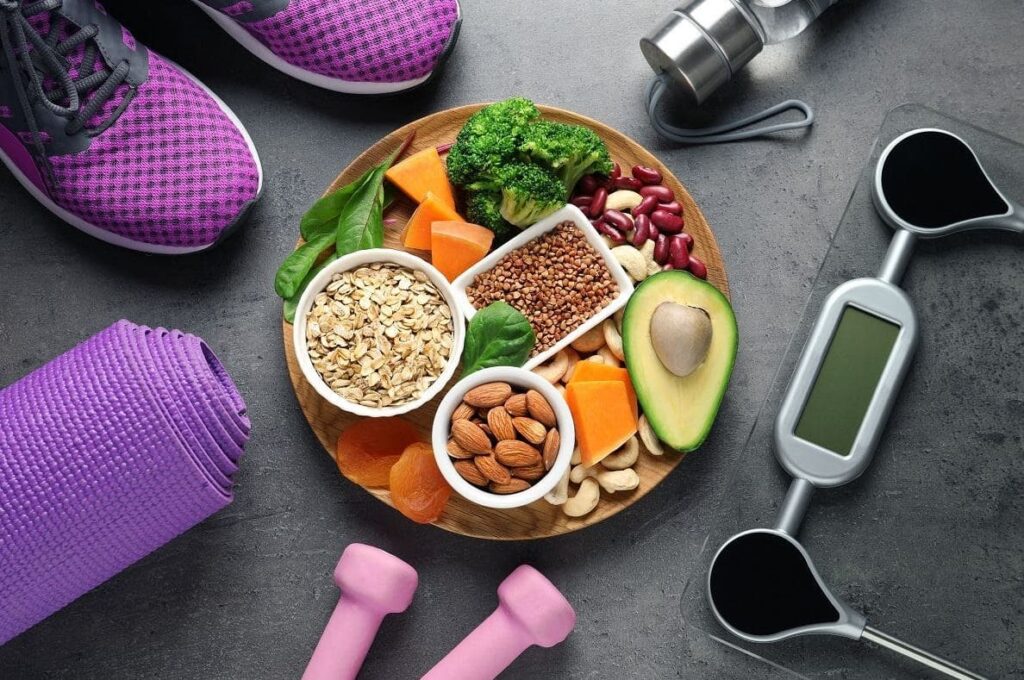
Credit: wr1ter.com
Special Diets for Athletes
Some athletes follow special diets. These diets can help meet specific needs. Examples include high-protein diets and vegetarian diets.
High-protein Diets
High-protein diets help build muscle. They are popular among bodybuilders. Foods high in protein include eggs, meat, and legumes.
Vegetarian Diets
Vegetarian diets exclude meat. They focus on plant-based foods. Vegetarians need to find alternative protein sources. Examples include tofu, beans, and nuts.
Conclusion
Nutrition has a big impact on athletic performance. A balanced diet provides energy, strength, and recovery. Hydration is also key. Athletes should focus on eating the right foods before and after workouts. Vitamins and minerals support overall health. Special diets can meet specific needs. By paying attention to nutrition, athletes can perform their best.
Quick Tips For Athletes
- Eat a balanced diet
- Stay hydrated
- Fuel up before workouts
- Recover with post-workout meals
- Include vitamins and minerals
- Consider special diets if needed
Remember, good nutrition is key to success in sports. Eat well, stay hydrated, and perform your best!

